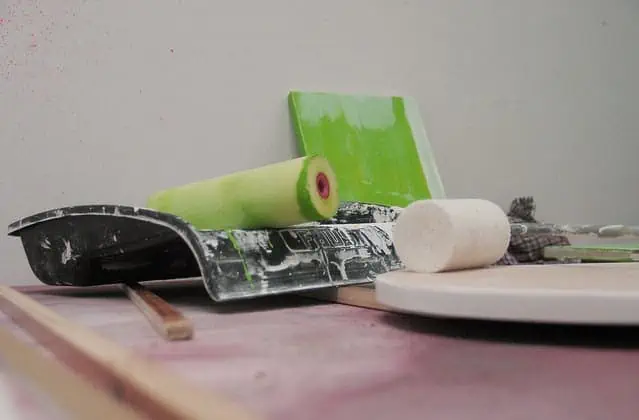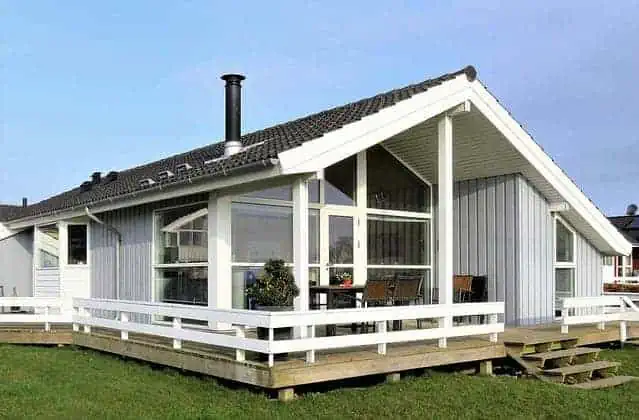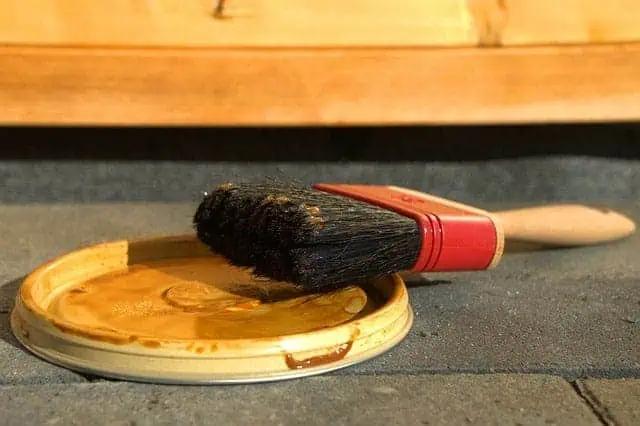Water based vs oil based enamel paints. Choosing which type of paint is appropriate for your project is the most important step. We will help you decide if water or oil based enamel paints is best for your project.
What’s The Difference?
The type of solvent used in the paint is what makes the difference between oil and water based paints. Solvent is the liquid component of the paint that vaporises as the paint dries. Oil based paints use mineral turpentine in the makeup of the paint solvent, while water based paints use mainly water in their solvent.
Oil based paints give off a strong odour which is that typical paint smell. It is flammable and can have harmful effects on human health. Extended exposure to this smell can lead to headaches, nausea and skin irritation for some people. That is why opening all doors and windows for ventilation will dramatically reduce the over powering smell.
Water based paints are mainly made up of water so they release fewer odours. Making this a safer option for human health.
Sheen Qualities Vary
Oil based paints certainly can have a beautiful high sheen finish. Though the sheen does become dull over time. Water based paints provide a low sheen finish and can maintain this sheen level over a longer time period.
Durability of Both Finishes
Oil based paints dry much harder providing exceptional resistance to wear and tear. Though the paint dries harder, there is not much elasticity within the paint allowing the paint to likely crack. Becoming dry, chalky and brittle. Water based paints now days dry hard and resist damage and wear and tear. They are more flexible and are able to contract and expand with weather conditions.
Best Use for Exterior
Water based paints function brilliantly on exterior projects. Mainly because they are much more resistant to UV rays, letting them retain sheen levels and colour over lengthy periods. The flexibility in the water based paint allows materials to contract and expand which makes it perfect for outdoor use. Oil based paint does not perform as well outdoors. It breaks down UV light and creates a chalky surface. There is barely any flexibility in the paint, so cracking is more likely to occur.
Weather Conditions Count
Water based paints don’t execute as well when applying paint in adverse weather conditions. Lower temperatures and humidity can lengthen drying times. High temperatures can cause the paint to dry too quickly. Water based paints drying time, too quick or too slow can have a large impact on the performance of the paint and finished results. Oil based paints are much more accepting of different weather conditions. Consequently humidity and extreme temperatures do not have a huge impact on application and drying times.
Surface Conditions Matter
Water based paints can endure small amounts of humidity on a surface before application as the paint can absorb the moisture. Just remember this can thin out the paint a little but will not affect the paint’s ability to bond to the surface. Oil based paints deter water and the paint is unable to create a solid bond to the surface. As a result, any surface oil based paint will be applied to, must be completely dry before application.
Application Process
Oil based paints are generally slower to bond than water based paints because the oil based paint is thicker and has a stickier feel to it. Oil based paints give off a very strong chemical smell which most people call ‘that paint smell’. This can produce headaches and skin irritations if all doors and windows are not open for good ventilation. Water based paints give off much less smell.
Finally Clean Up
Water based paints are definitely easier to clean up due to the solvent being made up mainly of water. Painting equipment and brushes can be cleaned with water. Oil based paints need specialty thinners or turps to clean up equipment and brushes.
Before you start your next project, we suggest you talk to Quinns Painting & Decorating and have a chat to the experts. They will be able to answer any questions you may have and help you choose the right paint for your next project. You can also visit Dulux comprehensive technical advice.
If you are searching for a trusted painter in Melbourne, then give us a call on (03) 8804 5840 to arrange an onsite inspection. Alternatively, complete the contact form and we’ll get back to you shortly.









